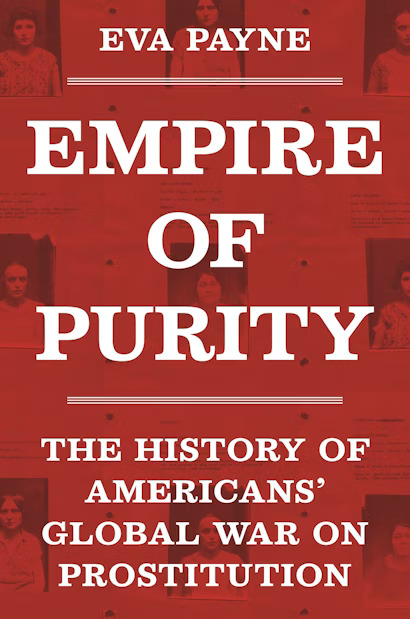The St. Louis episode is among the many fascinating experiments in the regulation of prostitution explored in “Empire of Purity: The History of Americans’ Global War on Prostitution” (Princeton), by Eva Payne, a historian at the University of Mississippi. Payne seeks to reveal the often conflicting ways in which cities, states, and the federal government attempted to control the sale of sex, both in domestic contexts and overseas, when it was determined that American interests were at stake. (Payne focusses almost exclusively on the sale of sex by women to men, in common with the authorities whose actions she is concerned with—the appropriate balance of attention, given the prevalence of the trade.) In most instances, the difficulty of “getting at” the male consumers of prostitution resulted in the surveillance, restriction, and sometimes punishment of the women who provided the services.
Ideas of American exceptionalism, Payne argues, extended to the sex trade. In the late nineteenth and early twentieth centuries, the combined efforts of social reformers and government officials drew upon notions of sexual continence as a moral strength with which Americans were especially endowed, thereby justifying an expansion of American power in areas well beyond the governance of red-light districts. With the stationing of U.S. troops overseas, particularly in what was known as “the tropics”—the Philippines in the eighteen-nineties, the Panama Canal Zone in the first decades of the twentieth century, the Dominican Republic in the nineteen-twenties—Americans invoked an ethic of strenuous sexual self-mastery that justified their mastery over others. In 1902, President Theodore Roosevelt declared that “as a nation we feel keen pride in the valor, discipline, and steadfast endurance of our soldiers, and hand in hand with these qualities must go the virtues of self-restraint, self-respect, and self-control.”
American schemes were informed by French and British models of managing prostitution—either by regulating it or by trying to eliminate it. They were incorporated into America’s often confused sense of itself as a nation built upon red-blooded masculinity and upon high-minded righteousness. Where did women who sold sex—women who, even the sympathetic (and unnamed) reporter from the Missouri Republican suggested, tended toward idleness, frivolity, subversiveness, and the transactional—fit in?
